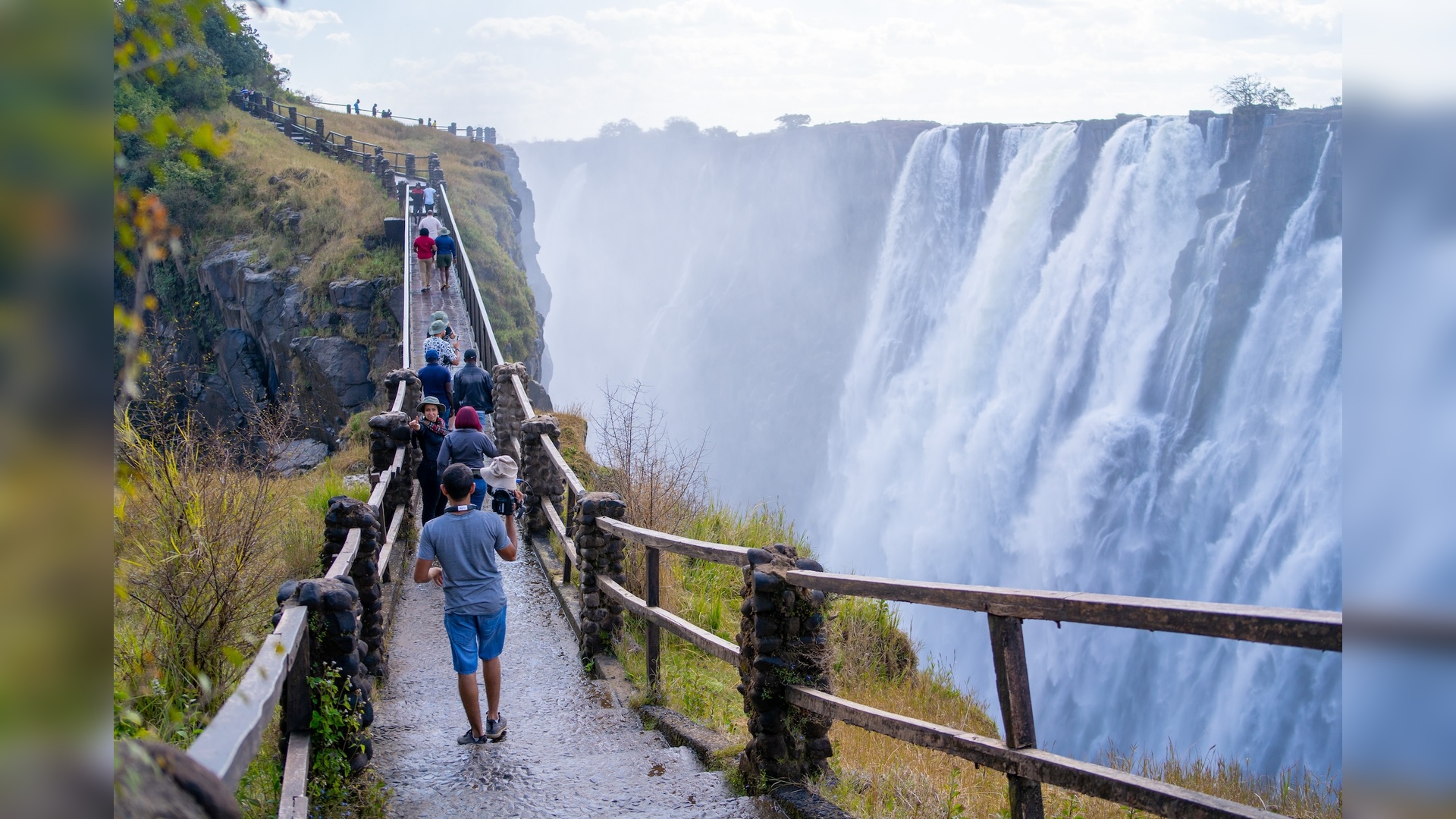Located in the Great Lakes region of Africa, Rwanda, the crown jewel of East Africa, proves that ecotourism can not only be a gratifying experience for travelers, but also beneficial for the planet and local communities. The destination offers an unforgettable experience, where nature, culture and sustainability come together to create a unique journey.
This small African country has become much more than an ordinary safari destination. Rwanda is now an ecotourism destination of excellence, combining unique biodiversity with an unwavering commitment to conservation and sustainable development.
Known as the "Land of a Thousand Hills", Rwanda is famous for its breathtaking landscapes and rich biodiversity. However, this small East African country has also reached the summit of ecotourism, offering a unique and unforgettable experience to travelers from all over the world, while preserving the beauty and fragility of our planet.

With a complete offering combining nature conservation, cultural immersion and thrilling adventures, Rwanda stands out as a first-rate ecotourism destination. The destination is more than just a picturesque backdrop. It's a perfect example of how a country can harmoniously combine tourism development and environmental preservation.
Indeed, Rwanda incarnates ecotourism at its best. With its exceptional biodiversity, memorable encounters with mountain gorillas, commitment to conservation and enriching cultural immersion, it offers a complete and unique tourism experience.
The country is world-renowned for offering one of the most exceptional ecotourism experiences: mountain gorilla observations. Volcanoes National Park, with its majestic mountains and lush vegetation, is a sanctuary for these fascinating creatures.

Experienced local guides take visitors on an unforgettable adventure to meet these primates in critical danger of extinction. Gorilla watching is done ethically and respectfully, ensuring the preservation of their native habitat while providing travelers with an unparalleled experience.
Rwanda has a variety of national parks offering astonishing ecological diversity. Akagera National Park, in the east of the country, is an impressive example of wildlife restoration. Thanks to successful conservation initiatives, visitors can now admire lions, elephants, rhinoceroses and many other species in their natural environment.

Nyungwe National Park, for its part, is a dense primary forest, home to a multitude of primate and bird species. Hiking fans can explore its picturesque tracks, while nature enthusiasts can immerse themselves in the region's exuberant biodiversity.
Rwanda is not just about nature. It also offers unique opportunities to discover local culture and traditions. Visitors can take part in activities such as traditional dance, Rwandan cooking and visits to local villages. This cultural immersion provides a better understanding of Rwandan daily life, while fostering an authentic exchange between travelers and locals.

Rwanda has made sustainability a priority in its tourism industry. Initiatives such as sustainable water management, the use of renewable energies and the promoting of responsible Tourism are at the heart of the Rwandan approach.
Travelers are encouraged to adopt co-responsible practices, thus contributing to the preservation of the environment and the well-being of local communities.
If you're looking for a destination that combines natural adventure, local culture and environmental sustainability, Rwanda should definitely be at the top of your list. Because, more than just a visit, travel to Rwanda is not just an adventure, but also an opportunity to contribute to the conservation of our planet.
Rwanda, as an exemplary ecological destination, proves that tourism can be a positive force for the planet, offering visitors unforgettable experiences while preserving nature. It's time for other nations to follow Rwanda's example and create a more sustainable future for global tourism.



